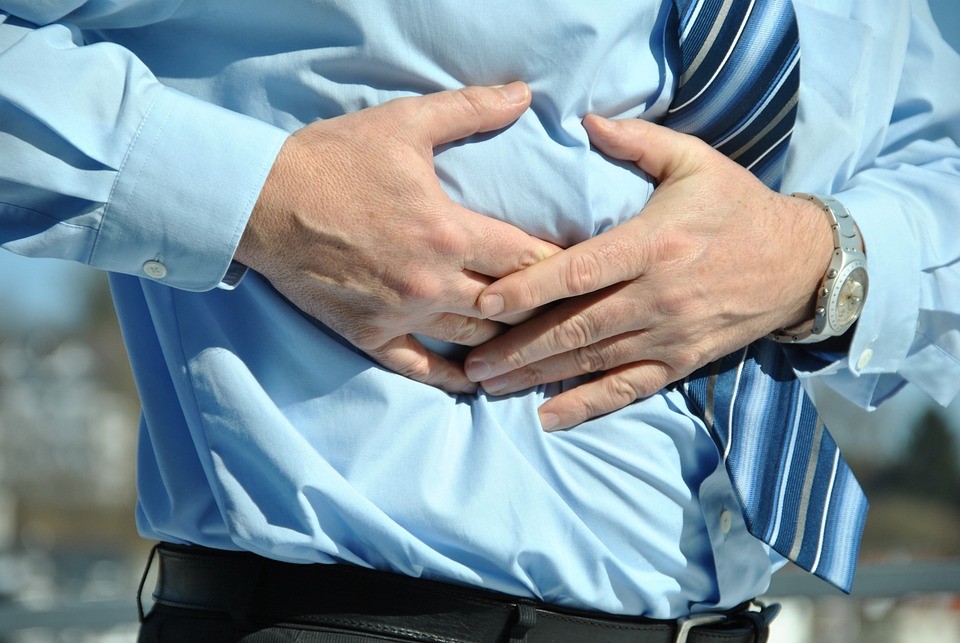Eliminating gluten from your diet is known to be the most efficient celiac disease treatment. However, there are other ways to treat celiac disease apart from getting rid of gluten completely. Let’s look at some of the ways to treat celiac disease and eliminate the risk of the symptoms coming back.
Number 01: A Gluten-Free Diet
After you are diagnosed with celiac disease, the first person you’ll be referred to is a dietician. A dietician would help you exclude gluten from your diet and get adjusted to a new, gluten-free diet. Moreover, a dietician will also have sure that your celiac disease diet is well-balanced and has all the important nutrients that your body needs.
Importantly, if you have celiac disease, you won’t be able to eat foods that have any wheat, aye, or barley, including semolina, farina, spelt, couscous, and durum. Even if you consume a small amount of gluten, like a spoonful of pasta, you may experience some troublesome intestinal symptoms.
If you continue eating gluten, you will be at risk of developing some serious complications, including osteoporosis along with some types of cancer in the long run. Hence, following a gluten-free diet is an important part of celiac disease treatment.
Notably, gluten is not an important part of your diet and can be replaced by some other foods. There are various gluten-free versions of different foods like pasta, bread, and pizza bases available in health food shops and supermarkets.
Number 02: Vaccinations
In some individuals, celiac disease causes the spleen to function less effectively, which makes them more likely to have an infection.
In such a case, the individuals are required to get extra vaccinations. Some of the required vaccinations are:
- Flu jab
- Hib/MenC vaccine
- Pneumococcal vaccine
These vaccines can help your body fight against various conditions like blood poisoning, meningitis, pneumonia, and diseases caused by the Streptococcus pneumoniae bacterium. However, if your spleen isn’t affected and is working fine, you wouldn’t be required to get these vaccinations.
Number 03: Supplements
Another important part of celiac disease treatment is incorporating supplements into your diet. Since you’ll be eliminating gluten from your diet, your dietitian may recommend you take mineral and vitamin supplements, for at least 6 months after you get diagnosed with celiac disease.
This way, it will be ensured that you get all the essential nutrients while you allow the digestive system to repair itself. Supplements will also help you make up for any deficiency like iron deficiency anemia.
Follow-up Care
Medical follow-ups at frequent intervals can help ensure that the symptoms respond well to a gluten-field diet. Then, the response will be monitored by your doctor.
For the majority of individuals with celiac disease, cutting gluten from their diet aided their small intestines in healing. The healing of the small intestine takes up to six months in children. As for adults, it may take many years before the small intestine is completely healed.
Furthermore, if you continue to experience symptoms or the symptoms keep coming back, you may need to get an endoscopy done with biopsies to figure out if your intestine has healed.
